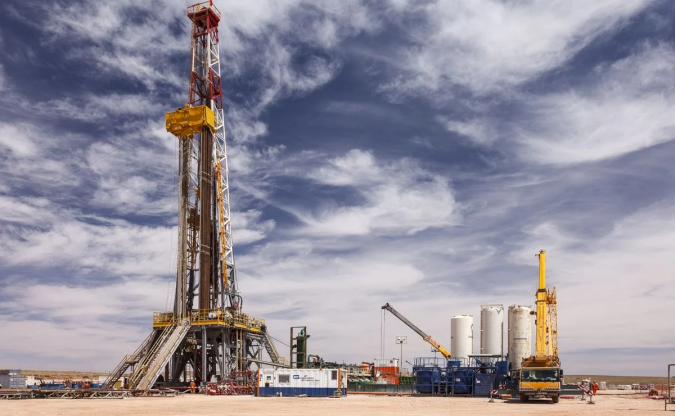Africa is on track to become a major player in the global liquefied natural gas (LNG) market, with a growing number of gas projects attracting massive investment. However, this expansion highlights a paradox: while the continent is a leading supplier of energy resources, it still struggles to capture a significant share of the added value generated by these projects—particularly during the most lucrative phases of industrial development.
The Challenge of Industrial Mastery
Recent announcements, such as the preliminary agreement between Samsung Heavy Industries and Mozambique for the construction of a $637 million floating liquefied natural gas unit (FLNG), confirm the attractiveness of African gas fields. Yet the construction of these complex infrastructures remains largely dominated by Asian companies. South Korean giants like Samsung Heavy Industries lead the FLNG and offshore platform market, holding more than two-thirds of new builds as of mid-2024.
The Coral Sul FLNG project in Mozambique—a $7 billion investment designed and built in South Korea—is a telling example. Although the project has delivered tangible local benefits (training of 200 Mozambicans for 1,400 direct and indirect jobs, and $800 million in contracts for local companies), the technical expertise and advanced industrial production remain outsourced. A similar pattern can be observed in the Greater Tortue Ahmeyim (GTA) project in Senegal and Mauritania, where the FLNG unit Gimi was converted in Singapore and the FPSO platform was assembled in China, with an estimated value exceeding $1.3 billion.
The main reason for this situation is the absence of certified African shipyards with the technical and operational capacity required to build such energy infrastructure. As a result, African countries are systematically excluded from the most profitable markets, which are instead captured by foreign firms. This exclusion is especially damaging given that the development phase of an LNG project—including design, construction, and industrial equipment—represents a major share of total investment. According to Norton Rose Fulbright, liquefaction can account for up to 75% of the capital expenditure in an LNG project, including for floating units.
Potential and Challenges for Local Development
Despite these challenges, the rise of Africa’s LNG sector presents significant opportunities for economic development. To fully benefit, African countries must strengthen their local content policies. While some efforts are already underway, they still face shortcomings in technical capacity and insufficient alignment with international standards.
Yet it is precisely through upskilling and industrialization that the continent’s true potential for transformation lies. By investing in the training of a skilled workforce and providing strong state support for industrialization, African nations can gradually acquire the expertise needed to take part in the most profitable segments of the LNG value chain. This would not only create more direct and indirect jobs, but also help build a robust local industrial ecosystem capable of meeting the demands of large-scale energy projects.
The development of Africa’s LNG sector could thus become a catalyst for the emergence of new industries, technology transfer, and the strengthening of national technical capabilities. The objective is no longer merely to export raw resources, but to transform them into a sustainable and inclusive engine of economic growth for Africa.



Comments are closed, but trackbacks and pingbacks are open.